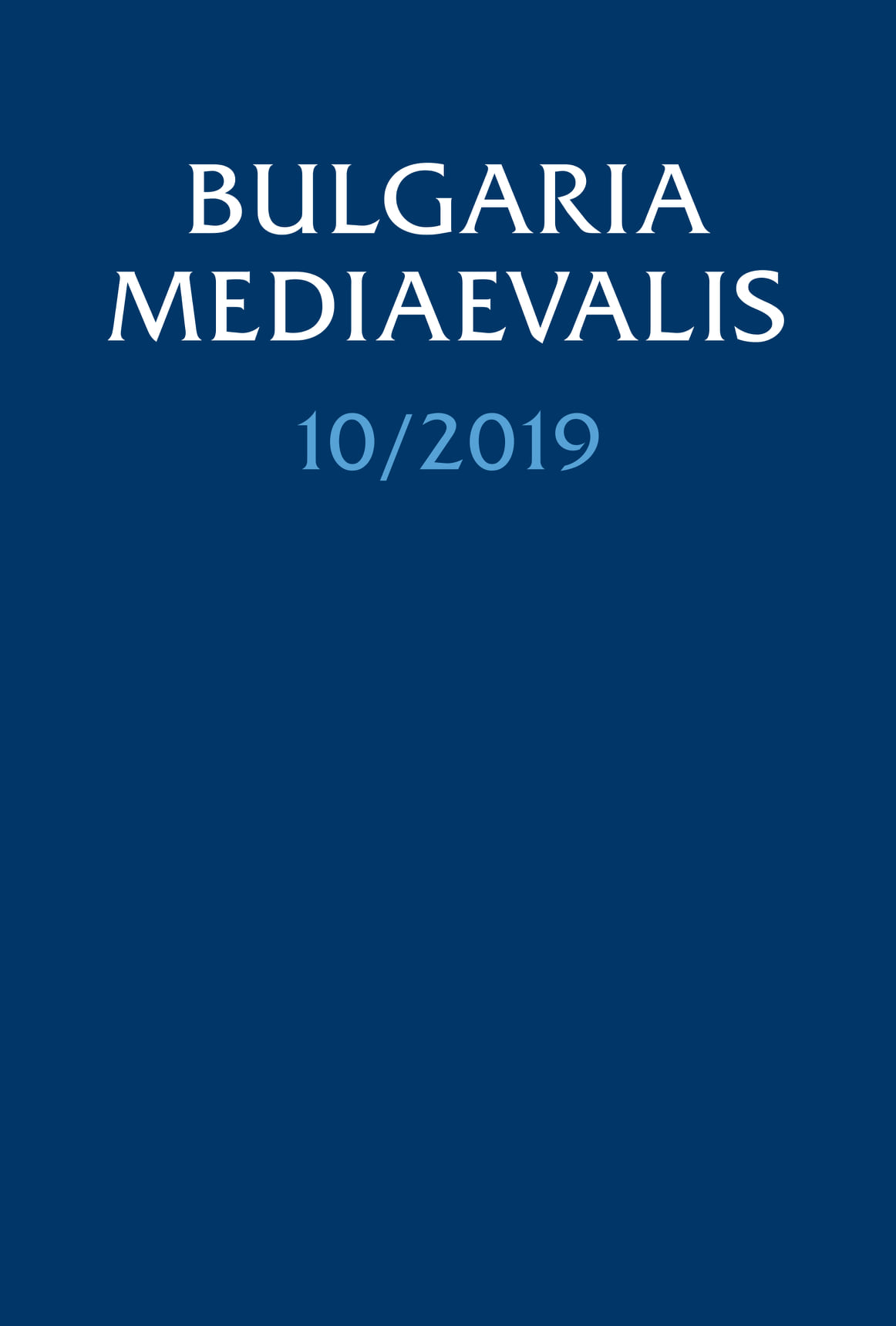Средновековните българи в справочници и речници от ранномодерна Европа
Medieval Bulgarians in reference books and dictionaries from early modern Europe
Author(s): Penka DanovaSubject(s): History, Language and Literature Studies, Theoretical Linguistics, Middle Ages, Historical Linguistics, Philology
Published by: Фондация "Българско историческо наследство"
Keywords: European reference literature; medieval Bulgarians; Early Modern Age.
Summary/Abstract: The article examines the existence of the lemma Bulgari (in Latin or modern languages) and its content in dictionaries and reference books (catalogs, alphabets, encyclopedias, etc.), printed in Central and Western Europe in the 16th–18th centuries. From the research it became clear that such a lemma is often found in the sources under consideration, and medieval authors wrote about the Bulgarians most often as a people who settled in Southeastern Europe in the Early Middle Ages, founded a state, converted to Christianity, established itself in the struggle against Byzantium, a people known to Europeans also for its struggle against the Turks. Various theories about its origin are mentioned. Relatively rarely and later other meanings of the Bulgarian lemma appeared – they were used to denote a kind of heretics (under the influence of the Glossarium of Charles du Fresne du Cange) or inhabitants of Volga Bulgaria.Reference books played a major role in the dissemination of geographical and historical information about medieval peoples. For students, politicians, diplomats and the educated elite, it was the first and sometimes the only reading that illuminated the past of the Bulgarians – a nation deprived of statehood in the Early Modern Age.
Journal: Bulgaria Mediaevalis
- Issue Year: 10/2019
- Issue No: 1
- Page Range: 251-274
- Page Count: 24
- Language: Bulgarian
- Content File-PDF

